
Congratulations on your resounding victory in this election. I am certain that many view this victory as a time for celebration, relishing the fruits of a hard-fought battle.
However, the nature of your victory brings with it an unprecedented responsibility that will require extraordinary talents to tackle and ultimately overcome the imminent challenges we all face. Mr President, your victory on 8th December 2024 has sparked a massive turnout from the youth, which makes this immense responsibility even more evident.
Mr President, may I take the liberty of drawing a connection between your extraordinary victory and the experiences of the people during your first term as President (2012–2016)? A direct comparison has made it easy for Ghanaians to swiftly recognise the difference between you and your opponent.
The title of this letter implicitly suggests solutions to some of the most persistent and chronic bureaucratic hurdles within Ghana’s governance structure. Mr Mahama, as Dr Kwame Nkrumah once said, “Unless Our Economic Development Is Rocket Propelled, We Risk Losing Everything We Ever Fought For.” He also remarked in several interviews, “You do not have to know how to do everything, but where to find what you need.”
Mr Mahama, the average Ghanaian wishes for your success, and it is for this reason that I write this letter. When we look around the industrialised world—especially in North America, Europe, and parts of Asia—and contemplate its entirety, we are likely to discover that it functions as one great machine, subdivided into countless smaller ones.
These machines, and their components, are structured, engineered, and adjusted to work in harmony with an accuracy that commands admiration. As we’ve all come to realise, the transformations in developed societies, particularly in Rwanda, South Korea, China, Singapore, and Malaysia, are no accident. They are the result of structured ideas based on the principles of pragmatic scientific socialism, fuelled by controlled capitalism and carried out by men of courage and action.
Whether or not we achieve success as a nation by the end of 2028 depends largely on those closest to you, hence the title of this letter. Mr President, one of the most striking observations from a two-year study of 10 emerging economies in the last three decades was Leadership Accessibility. Though your outstanding victory reflects the collective effort of the NDC party hierarchy, the ideas necessary to propel our country may not necessarily come from within the party. For us to succeed, we MUST ensure that there is an Access Window open to non-political Ghanaian talents.
The impenetrable barrier of concrete and steel around the presidency, with no bridge to the ordinary Ghanaian, is a major stumbling block that must be dismantled. This barrier prevents the discovery of homegrown innovations and transformational ideas, which have always been the reserve of the citizens. Mr President, I am greatly inspired by the humility you have shown in the aftermath of your emphatic victory, as well as the wisdom demonstrated since.
Sir, Ghana’s situation may be diagnosed as follows: we have a goal, but the challenge lies in how to achieve it. In Ghana and much of sub-Saharan Africa, we often attempt to adapt means to predefined ends (e.g., we want to build a house, a ship, or grow cassava).
While we may be skilled at these tasks, there is no single way of thinking that enables us to achieve every goal. The person who knows how to build a house does not necessarily know how to build a ship or grow cassava.
Mr President, I am deeply passionate about this because I believe our current socio-political structures and governance approach will undermine the efforts of any local genius attempting to succeed within Ghana’s boundaries. We may have our own Elon Musk within us, but whether or not he or she succeeds depends on the accessibility of leadership, as mentioned above.
Acknowledging that only God can be everywhere at once, it is clear that your ears cannot be everywhere at the same time. This highlights the necessity of surrounding yourself with the sharpest minds from all fields to help you navigate this era of socio-economic distress and crises.
Your Excellency, in 1980, as a 7-year-old boy at Airforce Primary School in Takoradi, my favourite teacher, Auntie Beatrice, did not return after vacation. I later learned that she died during childbirth while we were on break. Fast forward 45 years to 2025, and maternal mortality continues to be a rampant issue, with women dying needlessly during labour.
This tragedy can be stopped or significantly reduced, yet the idea to curb these maternal deaths may not necessarily come from your appointed cabinet ministers but from the general public. The problem, however, is that it is almost impossible for an unknown individual— no matter how brilliant they may be—to put forward an idea and see it implemented within our current governance structure.
Mr President, those closest to you should not fear new or unfamiliar ideas, for no nation has ever prospered without them. They must show their love for you by embracing new ideas that support your vision for socio-economic transformation.
This is fundamentally important, as modern economic progress relies on innovation and pragmatism, not solely on old fiscal policy strategies. The success of Lee Kwan Yew in Singapore, who adapted many of Dr Nkrumah’s ideas—even though he did not acknowledge it in his book From Third World to First World—focused on what worked, not on what appeared to work elsewhere, especially in the West.
While capitalism is beneficial, it is seldom achieved by governments leaving local businesses and entrepreneurs to survive on their own in today’s fiercely competitive marketplace. It is the primary responsibility of governments, especially those of post-colonial countries, to deliberately create wealth and transfer it into the hands of indigenous businesses, rather than the reverse, as has been seen in recent times.
The government of Singapore, under Lee Kwan Yew, established several state-owned construction companies to address major national projects. These companies were designed to build world-class infrastructure—such as roads—at a cost far lower than international rates.
Mr President, as strategic as the Ghana Oil Company (GOIL) has been, revamping and modernising the State Construction Corporation (SCC) to address Ghana’s major infrastructure deficits, such as the nationwide drainage problem, could be a worthwhile idea to consider.
We could transform agriculture in Ghana into a multibillion-dollar industry, but this will depend on the sector’s minister’s willingness to embrace new ideas. Likely, the people with the necessary ideas may not be within your government, which is why access to those closest to you is so critical.
Finally, I humbly ask that you introduce the study of Slavery, Colonialism, and Philosophy into the JHS and SHS curriculum. Since the collapse of Osagyefo’s Young Pioneers, there has been no concerted effort to instil meaningful nationalism in the hearts of our youth.
I believe that the introduction of these subjects would instil steadfastness and determination in young Ghanaians, providing them with a greater sense of purpose in protecting their motherland.
Thank you, Mr President. I sincerely wish you great success for the common good of every Ghanaian and the Pan-African Movement as a whole.
By Kofi Annor
The post Dear President Mahama appeared first on Ghanaian Times.
Read Full Story
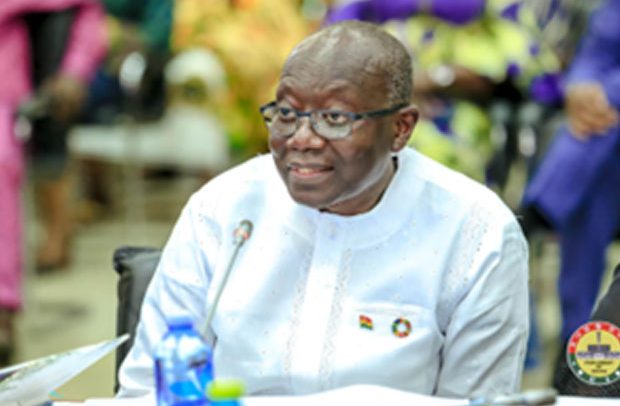
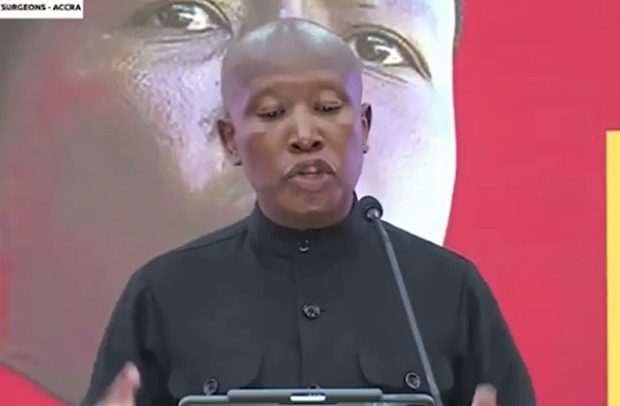

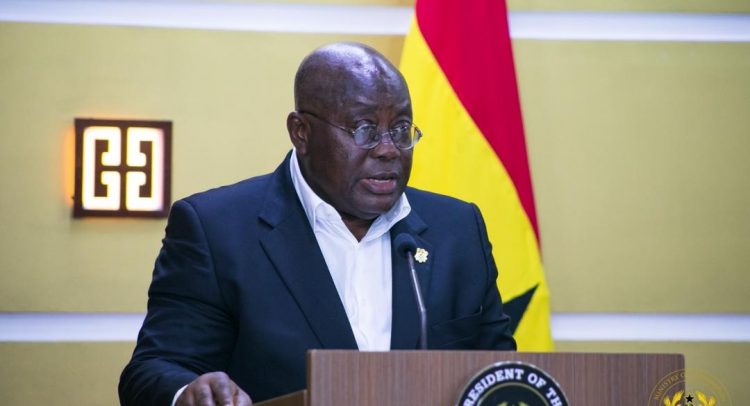
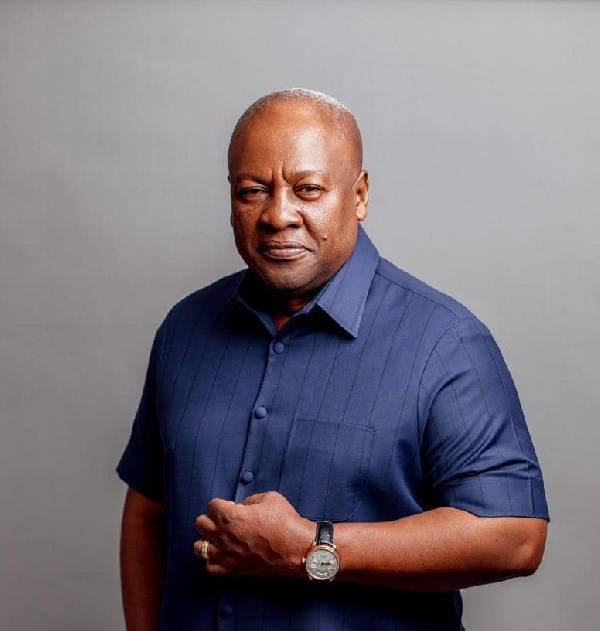

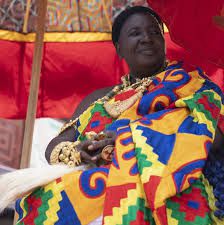



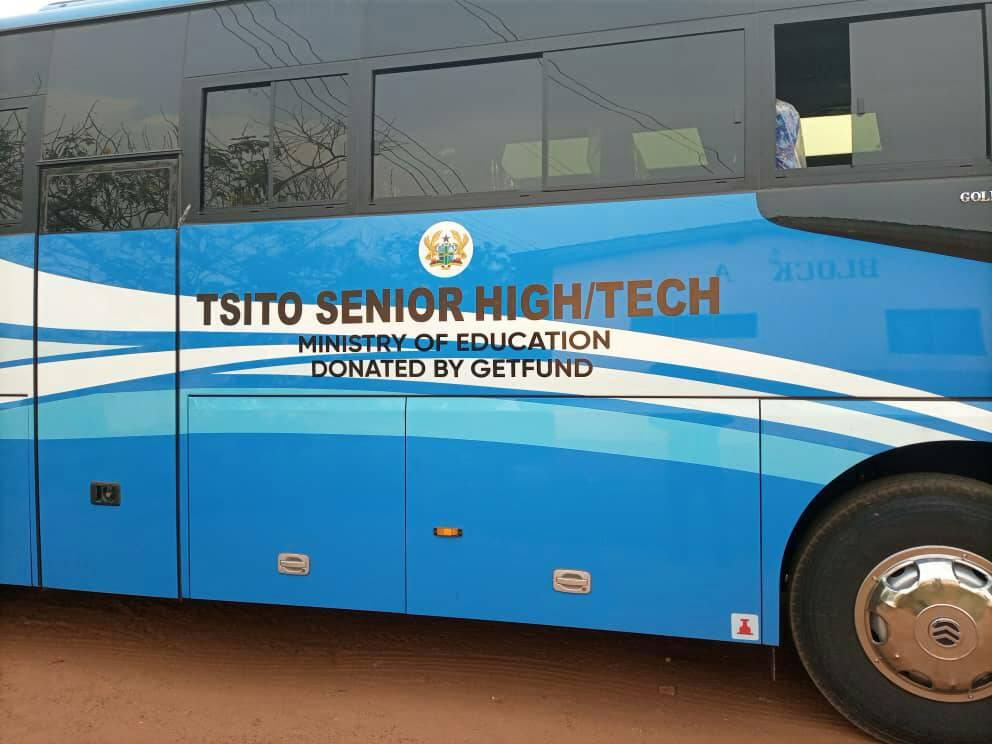
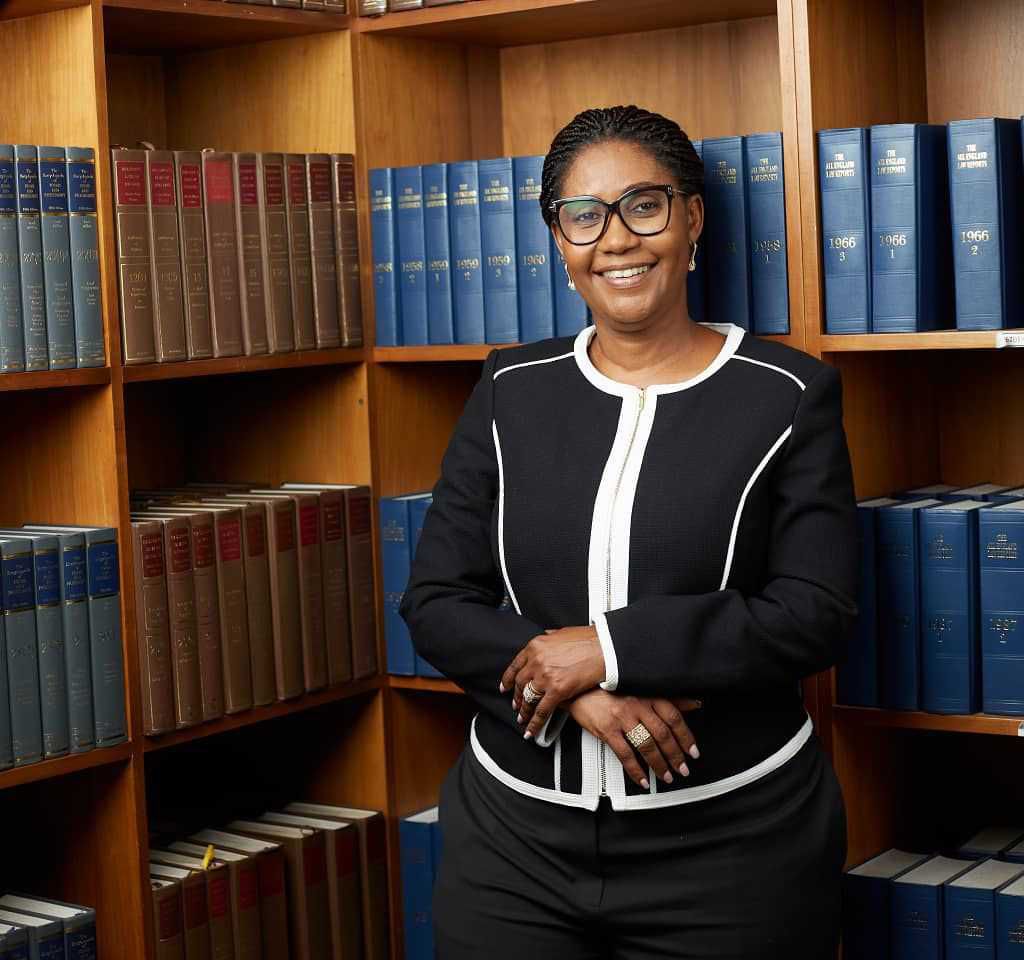
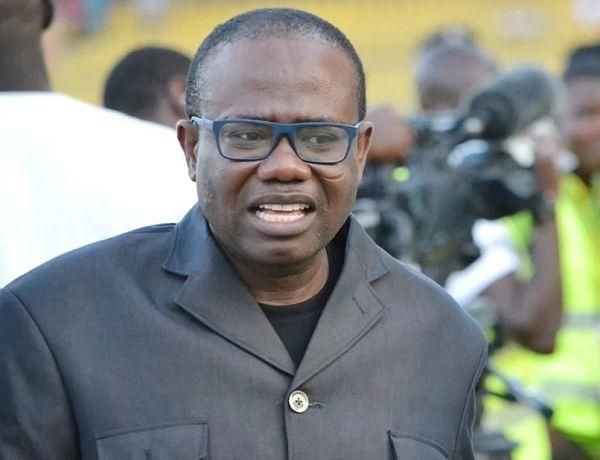




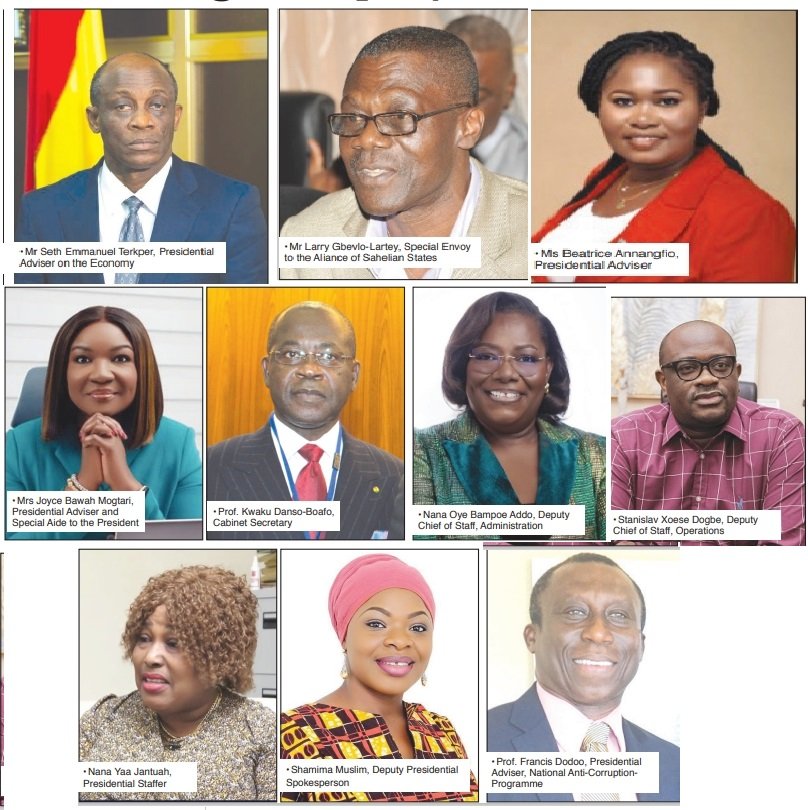
Facebook
Twitter
Pinterest
Instagram
Google+
YouTube
LinkedIn
RSS